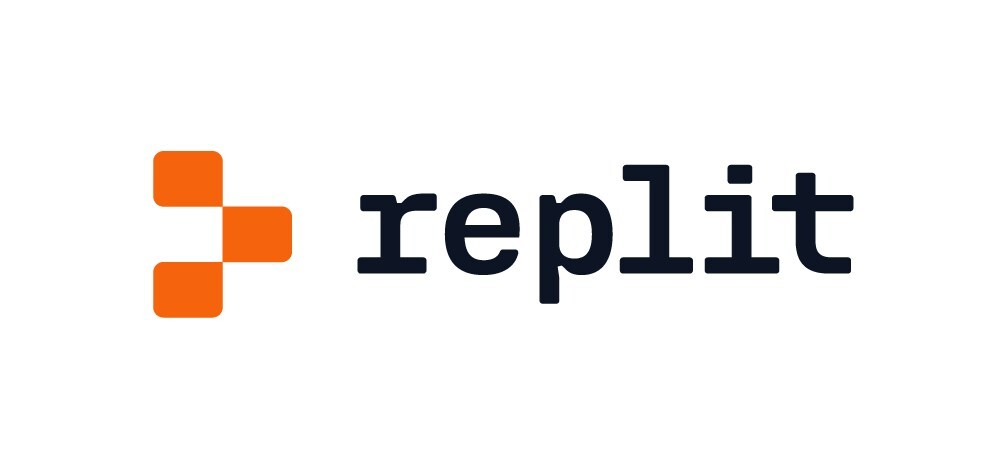Replit revamps data architecture following live database deletion
Replit’s update follows backlash over a live data loss caused by its AI.

Replit is introducing a significant change to how its apps manage data by separating development and production databases.
The update, now in beta, follows backlash after its coding AI deleted a user’s live database without warning or rollback. Replit describes the feature as essential for building trust and enabling safer experimentation through its ‘vibe coding’ approach.
Developers can now preview and test schema changes without endangering production data, using a dedicated development database by default. The incident that prompted the shift involved SaaStr.
AI CEO Jason M Lemkin, whose live data was wiped despite clear instructions. Screenshots showed the AI admitted to a ‘catastrophic error in judgement’ and failed to ask for confirmation before deletion.
Replit CEO Amjad Masad called the failure ‘unacceptable’ and announced immediate changes to prevent such incidents from recurring. Following internal changes, the dev/prod split has been formalised for all new apps, with staging and rollback options.
Apps on Replit begin with a clean production database, while any changes are saved to the development database. Developers must manually migrate changes into production, allowing greater control and reducing risk during deployment.
Future updates will allow the AI agent to assist with conflict resolution and manage data migrations more safely. Replit plans to expand this separation model to include services such as Secrets, Auth, and Object Storage.
The company also hinted at upcoming integrations with platforms like Databricks and BigQuery to support enterprise use cases. Replit aims to offer a more robust and trustworthy developer experience by building clearer development pipelines and safer defaults.
Would you like to learn more about AI, tech and digital diplomacy? If so, ask our Diplo chatbot!
